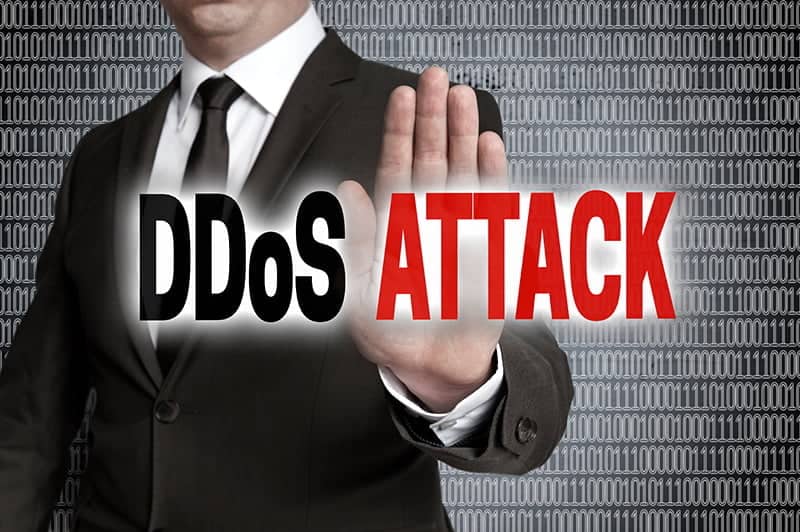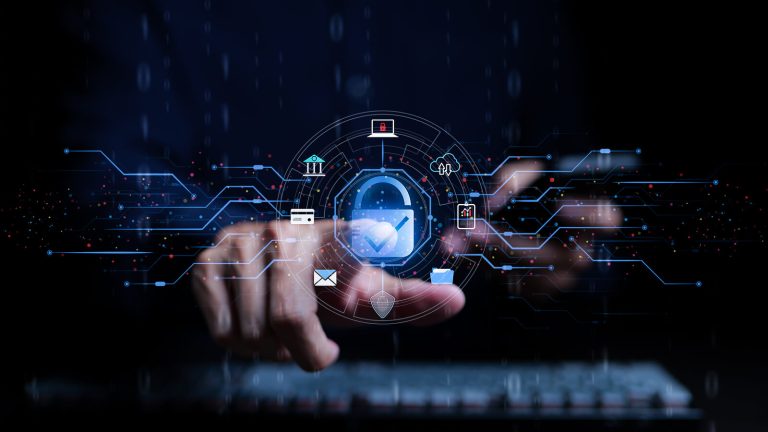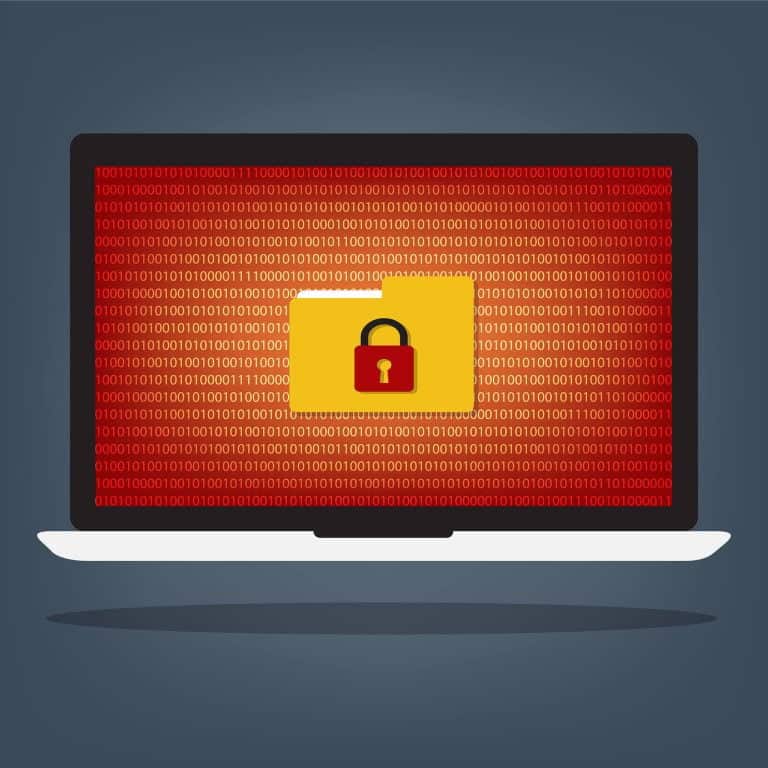Cyber-security attacks of all kinds, including DDoS (distributed denial of service), have been increasing dramatically around the world during 2017, and it does not look like that will stop any time soon. Business continuity and network security must be high priorities for any organization, wherever they are in the world.
Table of Contents
ToggleIT security professionals predict that DDoS attacks will get larger and more significant in the year ahead, and are already preparing for attacks that could cause outages worldwide, according to new research from Corero Network Security a provider of real-time defense solutions.
Many in the industry expect to see a significant escalation of attacks during the year ahead, with some (38%) predicting that there could even be worldwide Internet outages during 2017. But reassuringly, the vast majority of security teams (70%) are already taking steps to stay ahead of these threats, such as putting business continuity measures in place to allow their organizations to continue operating in the event of worldwide attacks.
More than a third (38%) of respondents to the survey, which polled around 100 security professionals at the Infosecurity Europe conference in London, believes that the next DDoS attack will be financially motivated. Despite continued discussions about nation-state attackers, security professionals believe that criminal extortionists are the most likely group to inflict a DDoS attack against their organizations, with 38% expecting attacks to be financially motivated. By contrast, just 11% believe that hostile nations would be behind a DDoS attack against their organization.
This financial motivation explains why almost half of those surveyed (46%) expect to be targeted by a DDoS-related ransom demand over the next 12 months. Worryingly, 62% believe it is likely or possible that their leadership team would pay.
“Despite continued advice that victims should not pay a ransom, a worrying number of security professionals seem to believe that their leadership teams would still consider making a payment in the event of an attack,” said Ashley Stephenson, CEO of Corero Network Security. Corporations need to be proactive and invest in their cybersecurity defenses against DDoS and Ransomware to protect themselves against such extortion.”
Hidden DDoS attacks
While high-bandwidth DDoS attacks continue to dominate the headlines, security professionals are also worried about the smaller, low-volume DDoS attacks of less than 30 minutes in duration. These ‘Trojan Horse’ DDoS attacks typically go un-mitigated by most legacy DDoS mitigation solutions but are frequently used by hackers as a distraction mechanism for additional attacks.
According to the survey results, less than a third (30%) of IT security teams have enough visibility into their networks to mitigate attacks of less than 30 minutes. A much larger volume of respondents (63%) are also worried about the hidden effects of these attacks on their networks, such as undetected data theft – particularly with the GDPR deadline fast-approaching, where organizations could be fined up to 4% of global turnover in the event of a data breach.
The Tide is turning against ISPs
Continued discussions related to the role ISPs play in mitigation have led nearly three-quarters of respondents (73%) to expect regulatory pressure to be applied against ISPs who are perceived to be not protecting their customers against DDoS threats. But interestingly, only a quarter of those surveyed (25%) believe their ISP is to blame for not mitigating attacks. Most of those surveyed (60%) consider their own security teams to be responsible.
“While most in the IT security industry wouldn’t expect their ISP to automatically protect them against DDoS attacks, there is a growing trend to blame upstream providers for not being more proactive when it comes to DDoS defense,” continues Stephenson. “To help their cause, ISPs could do more to position themselves as leading the charge against DDoS attacks, both in terms of protecting their own networks, and by offering more comprehensive solutions to their customers as a paid-for, managed service.”
Read more cyber-security articles here





